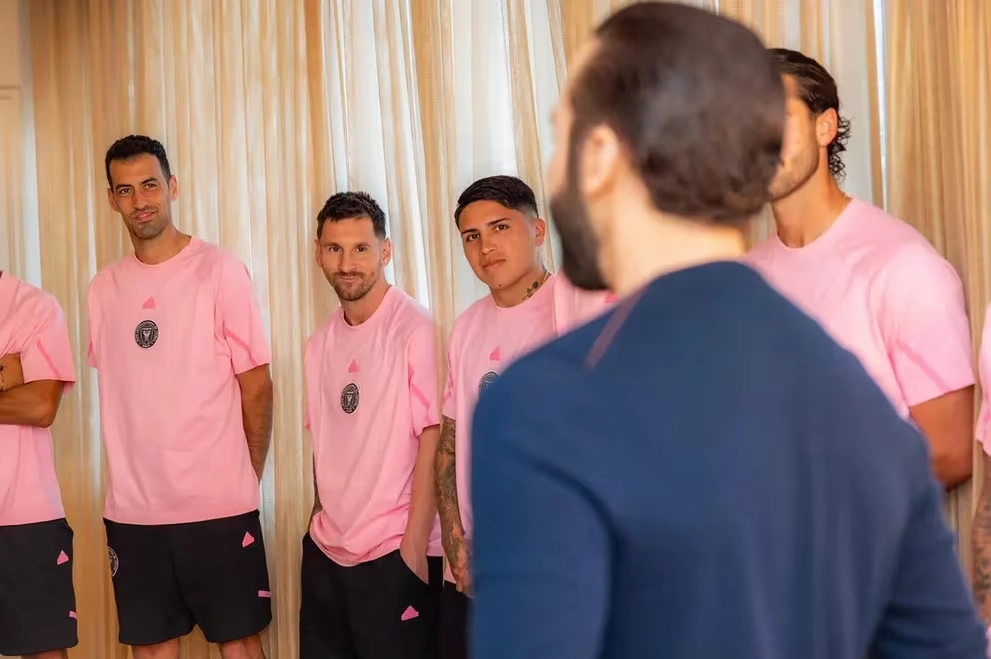Television and social media ads of candidates crying or launching hints to their opponents, billboards illuminated to the point of blinding drivers, electric lighting poles lined with posters of party flags, and the faces of the candidates were some of the strategies that used to be used for electoral campaign in El Salvador until 2019. But in that year the ideological structure of the country changed with the victory of Nayib Bukele with more than 50% of votes, thus achieving the rupture of the traditional bipartisanship. After two years, in 2021, the political party promoted by Bukele, Nuevas Ideas (N), managed to conquer the Legislative Assembly, obtaining a majority of seats and becoming the official party.
In 2024, presidential elections (every five years) and legislative elections (every three years) come together. Things have changed and on the eve of the elections there is an “electoral silence”. On radio and television, one or two ads are describing the voting process, as well as giant billboards on the highways with the faces of N candidates for deputies and very few from the opposition asking for the presidential vote.
The latter base their lack of media presence on the fact that they have not received the political debt from the Government, an economic support which is relative to the amount of votes received in the previous election. Despite this little campaign “bombing”, according to the last census of the Supreme Electoral Tribunal (TSE) a participation of more than six million Salvadorans is expected, the highest in comparison to the Electoral Roll of other years.
A political marketing campaign
Meanwhile, El Salvador seems to be the land where milk and honey flow, and it could be said that there has been a subtle campaign by the government with its different political actors. To be more precise, three months before the elections there were numerous events that, although not written in stone, can be related to electoral purposes, such as the inauguration of a technological and renovated National Library with funds from China; the Miss Universe event, which was criticized by the candidates who posed with caps with the insignia of “Bukele 2024” although the law prohibits it, and the cherry on the cake was the pre-season visit of the Inter Miami team with figures such as Leonel Messi and Luis Suárez where a match was held between a hybrid team of soccer legends and selling soccer nostalgia against a national team that is at a level far below the invited team.
Despite not being the president at work after the appointment of his private secretary, Claudia Rodriguez, to the presidency to enjoy a leave of absence and dedicate himself to his electoral campaign, Bukele met, with a very presidential protocol, with the invited team at the hotel where the players were staying. Finally, to strengthen this detachment from the past, the current government of El Salvador decided to destroy on January 3 the “Monument to Reconciliation” inaugurated years ago by the Frente Farabundo Martí para la Liberación Nacional (FMLN) government in honor of the signing of the Peace Accords.
With a fragile opposition, as well as citizen security through the continuity of a regime of exception as a banner, it seems that Bukele is assured of victory, as are his party’s candidates for deputies protected by the popularity of their leader. Even though parties such as Fuerza Solidaria (FS), Frente Farabundo Martí para la Liberación Nacional (FMLN), Alianza Republicana Nacionalista (ARENA), Nuestro Tiempo (NT), Fraternidad Patriota Salvadoreña (FPS), Partido de Concertación Nacional (PCN), Gran Alianza por la Unidad Nacional (GANA), Partido Demócrata Cristiano (PDC) and VAMOS appear on the electoral ballots, a party crisis in El Salvador is inevitable, and it seems that the cards have already been played.
Unconstitutional reforms
However, there have been many developments from 2019 to date. The reforms promoted by the presidential house and endorsed with a majority in the Salvadoran hemicycle have been the key pieces to guarantee the new victory even though the Constitutional Chamber establishes that the Constitution of El Salvador prohibits immediate reelection.
Thus, on their first day of work in 2021, N deputies and their allies removed the former magistrates of the Constitutional Chamber and imposed five lawyers. Months later, this new work team issued a resolution in favor of immediate reelection despite the six articles of the Constitution that prohibit it. Then Bukele announced at the celebration of Independence Day in 2022 his presidential candidacy along with Felix Ulloa as vice president for the 2024 elections. Almost a year later, the candidacy is made official on his party’s Twitter account.
In addition to the differences between the electoral campaigns, these elections also have other changes that could promote inequality among the contenders, generating an impact on the electoral regime. For example, the reduction of deputies in the Legislative Assembly, the reduction of municipalities, and the vote abroad and online, which takes place from January 6 to February 4 and where any Salvadoran who meets the requirements such as having an identification document either valid or expired can vote. In El Salvador, there are three types of modalities to cast the vote: flag vote, preferential, and crossed.
Everything is ready for February 4 and with propaganda surrounded by words such as “democratic process”. For some people, this is still in question. At this electoral juncture, a winner could be announced directly, however, the results may surprise us. Thus, a week before the elections take place, El Salvador is “in calm”, not only because of the little electoral propaganda and a scarce campaign but also because of a false for some and true for others, security provided by the exception regime.
“Let us not return to the past, let the path be irreversible…” So dictates Bukele in his only electoral campaign video on social networks.













